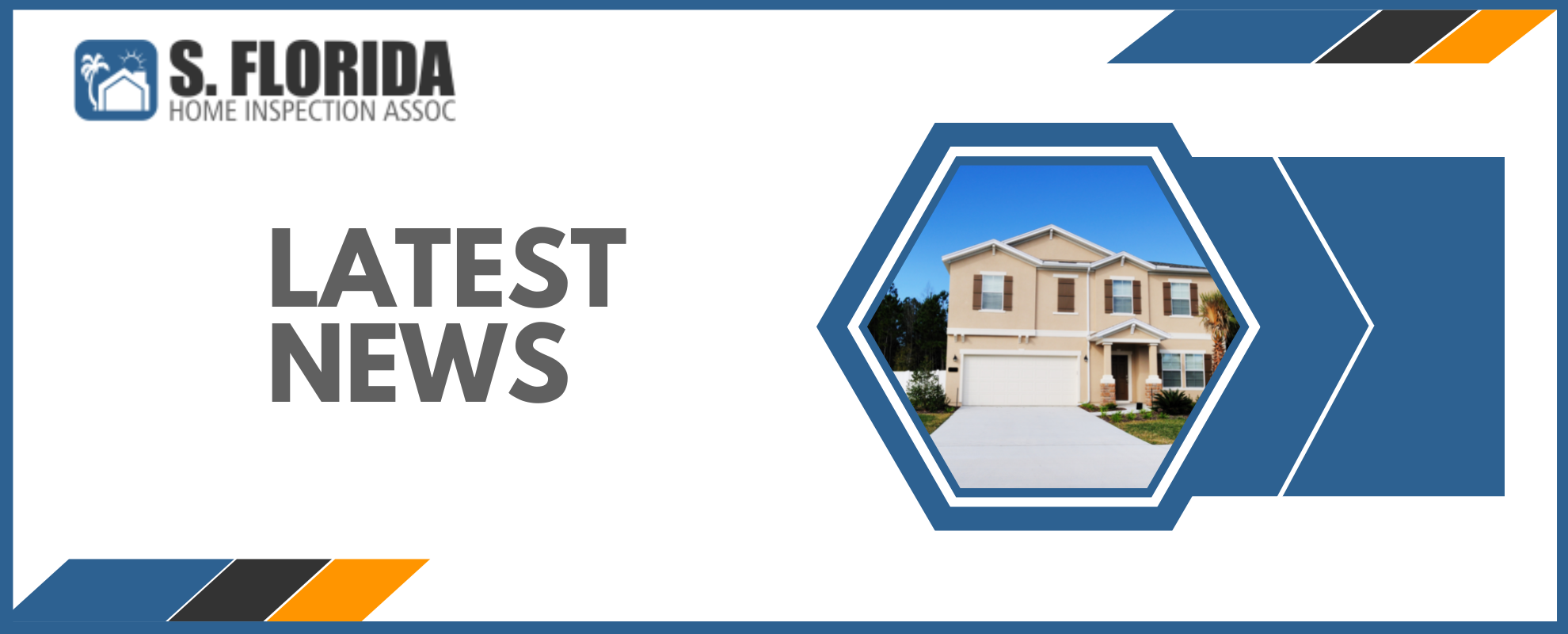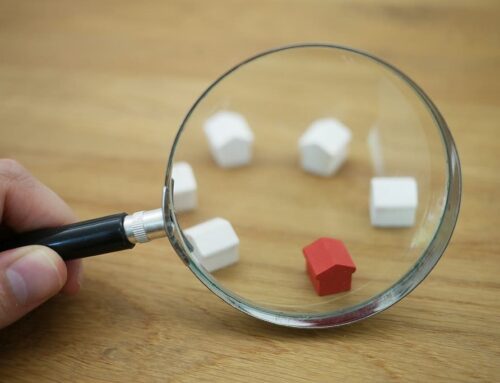 Buying a home is one of the most exciting, important, and expensive investments to make. A critical process that requires careful consideration. The house you decide to buy will have to meet your needs in terms of desired location, aesthetics and layout, and cost.
Buying a home is one of the most exciting, important, and expensive investments to make. A critical process that requires careful consideration. The house you decide to buy will have to meet your needs in terms of desired location, aesthetics and layout, and cost.
That doesn’t even cover the “health” of the building. Checking on the building’s structure and systems requires professional help. Often this pre-purchase inspection will give the prospective buyer information on how certain elements of the property stand up, what might need repair now, and what might need repair in the near future. This information allows the buyer to make an informed decision in the purchase and arms them for negotiations with the seller.
The International Association of Home Inspectors (InterNACHI) has set a standard inspection checklist that outlines what should be covered by licensed home inspectors in a pre-purchase home inspection.
Structural Elements. Foundation check or any evidence of sagging or bowing of the structure and window alignment.
● Grounds. Possible leaks that may occur from the septic tank and drainage, as well as, the condition of driveways, fences, and sidewalks.
● Roof. Condition of the roof covering; any repairs/patches to flat roofs; clear vents; damage to chimneys; and properly working gutters.
● Exterior surfaces. Correct clearance between ground and sliding material; condition of exterior paint or siding; and properly working lights and electrical outlets.
● Attic. Proper insulation and ventilation, with no sign of leaking or water damage.
● Interior Plumbing. Covers damaged or leaking pipes, water temperature installation, toilet, bathtubs, and showers.
● Electrical System. Up-to-code condition and type of visible wiring, and proper function of circuit breakers, outlets, light fixtures, and fans.
● Appliances. Functioning stove, dishwashers, refrigerator, microwave, washer and dryer, and all other household appliances.
● Heating and cooling systems. Ensures working furnace, air conditioning, water heater, chimney, and and fireplace.
● Basement. Solid foundation, walls, and floors, with no signs of water intrusion or damage.
● Garage. Solid foundation, windows, ceiling, framing, and roof; working garage door opener; up-to-code electrical system; and proper function of outlets.
There are areas, however, that are not covered by a standard inspection, which should also be considered like pest control, swimming pools, asbestos, radon gas, lead paint, and toxic mold.
Guard your investment. Hire professionally trained and qualified home inspectors from The South Florida Home Inspection Associates.





